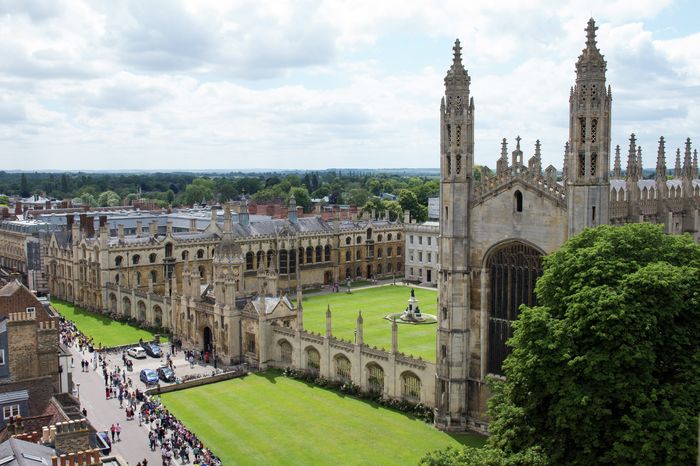Earlier Oxbridge deadlines detrimental for state school pupils, teachers warn
One student called the move symptomatic of an ‘inherent elitist mentality’

While Cambridge accepted record numbers of state school students in 2022, a move to bring forward pre-registration deadlines for entrance tests may disproportionately harm state school applicants, educators told Varsity.
Cambridge Admissions Assessment Testing (CAAT) brought forward exam dates by two weeks, to the 18th and 19th October, affecting medicine, engineering, and natural sciences applicants. As a result of the changes, the deadline to apply for these tests has been brought forward two weeks to the 30th September.
Varsity spoke to the head of sixth form at a state school in Outer London, who said the difference of two weeks would be “critical” because it would disproportionately affect state-educated pupils.
He noted that many fee-paying students would be preparing privately in advance, often for months or even years. By contrast, state school students will now face reduced preparation time for Oxbridge admissions tests once they return from the summer break.
“The private tutors, the private admissions experts make an automatic difference within those few weeks”, he said.
Sam Pannu, a secondary school teacher who has taught at Sheredes School and The Grange Academy, warned the more urgent deadline may discourage applicants, particularly those from low-performing state schools.
Students would be left with less time to overcome the “overwhelming stigma of applying to an elite university where they worry about fitting in.”
Pannu was also concerned that the shorter deadline could contribute to greater anxiety among students who lack support from their parents.
She told Varsity that many potential applicants have “parents whose first language is often not English, and don’t really know about things like Oxbridge.”
For some, the change represents a loss of critical time. Faiza, a second-year English undergraduate at Cambridge, applied on a whim after self-isolating from Covid. While she had contemplated applying for Cambridge, she was initially put off by the University’s lack of racial and class diversity. Her school provided support, she said, but students were not outwardly encouraged.
“They would say, if you’re thinking of Oxbridge, come to this meeting on Tuesday at 4pm. The students who did want to apply knew for a long time. The students who knew came from families who knew it was an option.”
During her two-week period of self-isolation, Faiza decided, only days before the Oxbridge deadline, to apply for Cambridge. “A lot of state school kids don’t think about Oxbridge for years, unlike private school students”, she said, adding that those few days were “pivotal” in overcoming her hesitance.
Faiza criticises an “inherent elitist mentality” in top universities, where they assume talented working-class students will apply regardless of their anxieties, citing the move to tighten the applications deadline as a “symptom” of this.
Speaking to The Guardian, Mike Nicholson, deputy head of education services at Cambridge, described the previous dates as “not ideal”, falling in half-term when schools are closed. Nicholson said that students should be reassured that “these aren’t tests you should be cramming for. Applicants are not meant to be revising particular topics. This is about how you apply your knowledge from what you have learned already to unfamiliar questions.”
Nevertheless, for those educators and students who spoke to us, the change represented much more than a shifting of calendar dates, but something more intrinsic about the unequal road to Oxbridge.
 News / Pembroke to convert listed office building into accom9 December 2025
News / Pembroke to convert listed office building into accom9 December 2025 News / Gov declares £31m bus investment for Cambridge8 December 2025
News / Gov declares £31m bus investment for Cambridge8 December 2025 Features / Searching for community in queer Cambridge10 December 2025
Features / Searching for community in queer Cambridge10 December 2025 News / Uni redundancy consultation ‘falls short of legal duties’, unions say6 December 2025
News / Uni redundancy consultation ‘falls short of legal duties’, unions say6 December 2025 Lifestyle / Into the groove, out of the club9 December 2025
Lifestyle / Into the groove, out of the club9 December 2025










